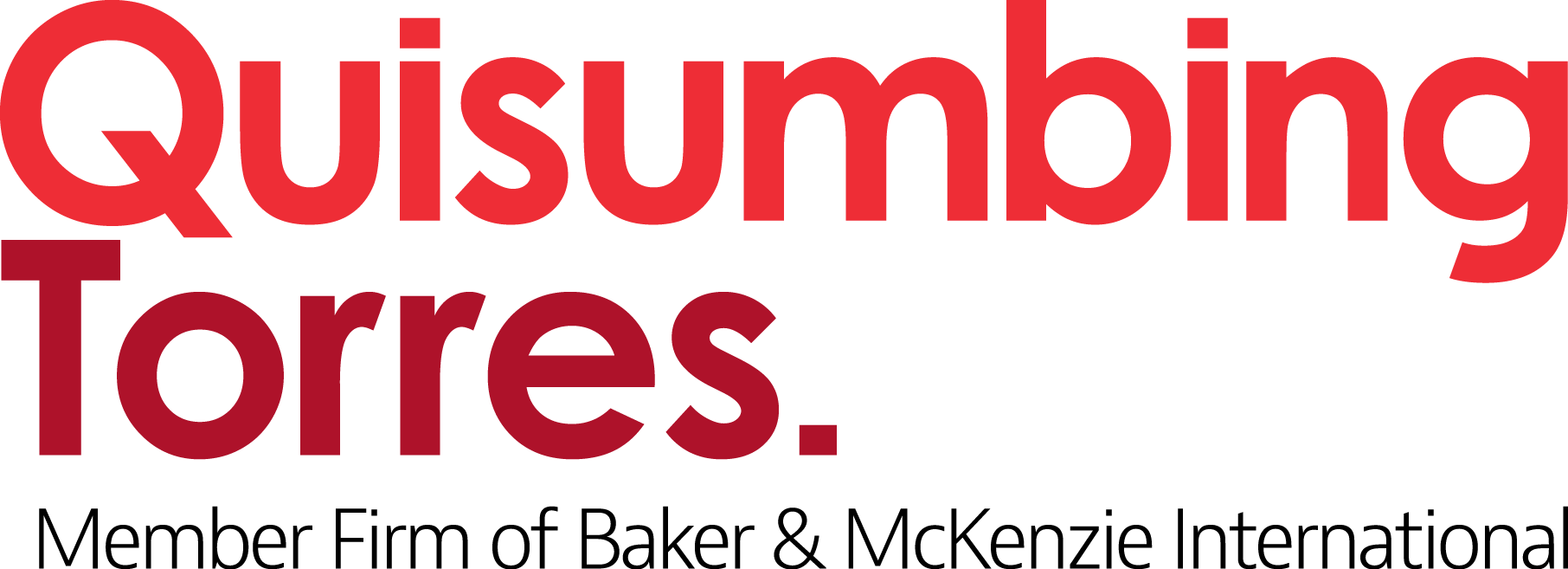In depth
Regulatory updates
1. Introduction of the DOLE Online Compliance Portal
In February 2025, the Department of Labor and Employment (DOLE) launched the DOLE Online Compliance Portal (OCP), a new platform designed to streamline the registration of establishments and the submission of compliance reports, thus reducing the need for physical visits to DOLE offices. This initiative aims to simplify report submission while ensuring data security and enhancing user experience. The OCP supports various compliance requirements, including flexible work arrangements, telecommuting, and 13th-month pay. It is a significant improvement over the previous Establishment Report System (ERS) as it is designed with security and ease of use in mind, offering a quick, secure, and centralized platform for compliance submissions. With user-friendly navigation, business owners can effortlessly manage and fulfill compliance requirements while reducing time and administrative effort. Users also receive real-time notifications on the status of submissions, allowing them to track compliance progress and respond promptly to any updates or requests from DOLE.
2. Implementation of the Eddie Garcia Law
On 24 May 2024, the Eddie Garcia Law (Republic Act No. 11996) was signed into law, taking effect on 13 June 2024. This law aims to protect workers in the movie and television industry by ensuring safe working conditions. It mandates safety protocols, regulates working hours, and provides welfare benefits and insurance coverage. The law also requires clear employment agreements and continuous skill development for industry workers. Notably, it not only applies to movie and television show projects but also to branded content and commercials. For more details, please see our previous client alert.
3. Enterprise-Based Education and Training Framework Act (EBET)
The Enterprise-Based Education and Training Framework Act came into force on 7 November 2024. This law institutionalizes and strengthens apprenticeship programs, bridging the skills gap between individuals and industry demands. The act ensures accessible training, safety, and equal opportunities for trainees, and mandates enterprises to provide training allowances, life/accident insurance coverage, and issue competency certificates. While EBET trainees are not considered employees of the enterprise offering the program, they may be subsequently hired by the latter. EBET graduates hired by the participating enterprise are exempt from the probationary period requirement and will automatically be considered a regular employee from the start. To incentivize businesses and enterprises to offer EBET programs, the law provides for fiscal incentives and tax deductions for participating enterprises.
4. Changes in Social Security System (SSS) contribution rates
The Social Security System (SSS) implemented new contribution rates and salary credits effective 1 January 2025. The contribution rate increased from 14% to 15%, and the monthly salary credits now range from PHP 5,000 to PHP 35,000. These changes aim to enhance benefits and ensure the sustainability of the SSS fund.
Case law developments
Below are some decisions handed down by the Supreme Court over the past year penalizing employers for discriminatory and hostile conduct towards workers.
1. Illegal dismissal due to HIV status
In the case of Bison Management Corporation vs. Aaa, the Supreme Court ruled that the dismissal of an overseas Filipino worker (OFW) based on their HIV status was illegal. The Court emphasized that Philippine laws, which prohibit discrimination against individuals with HIV, should govern employment contracts, even for overseas workers.
2. Constructive dismissal due to a hostile work environment
In Bartolome vs. Toyota Quezon Avenue, the Supreme Court found that the employee's resignation was a result of constructive dismissal due to a hostile work environment created by top officials. The Court awarded damages and held the officials solidarily liable with the company, highlighting the importance of maintaining a respectful workplace.
3. Unlawful suspension for premarital pregnancy
The Supreme Court ruled in Bohol Wisdom School vs. Mabau that suspending an unmarried, pregnant teacher without pay was illegal. The Court stated that premarital sexual relations cannot be deemed immoral and that procedural due process must be followed in disciplinary actions.
Key resources
Employment Bulletin
This resource provides employers and human resources practitioners with updates on Philippine employment regulations on a quarterly basis. Find significant alerts in labor advisories, department orders and other relevant developments here.
Guide to Philippine Employment Laws for the Private Sectors 2025
This publication is intended to provide employers and human resources professionals with a comprehensive overview of the key aspects of Philippine labor law. It covers the entire life cycle of the employment relationship from hiring through to termination, with information on working terms and conditions, family rights, personnel policies, workplace safety and discrimination. Download a copy of this complimentary resource here.
* * * * *

Please contact QTInfoDesk@quisumbingtorres.com for inquiries.
VISIT QUISUMBING TORRES SITE

